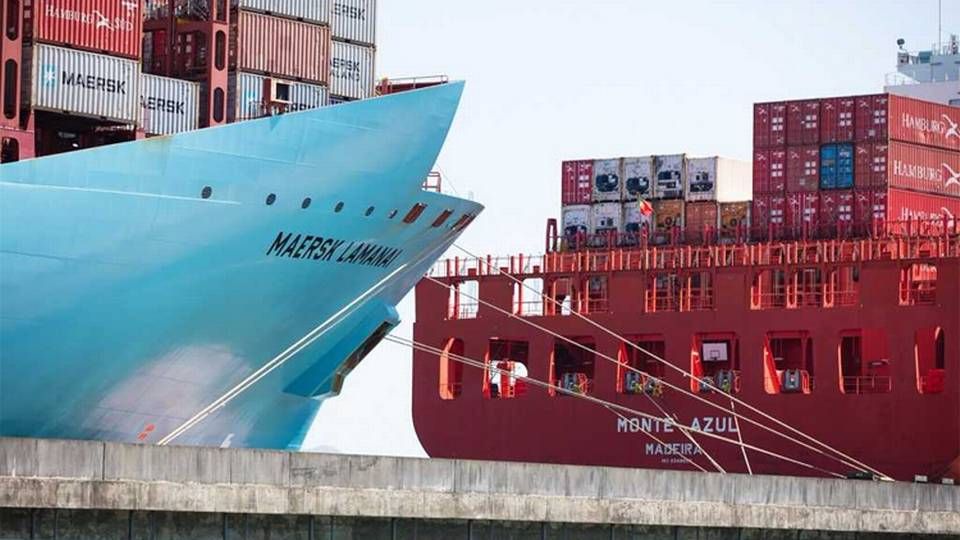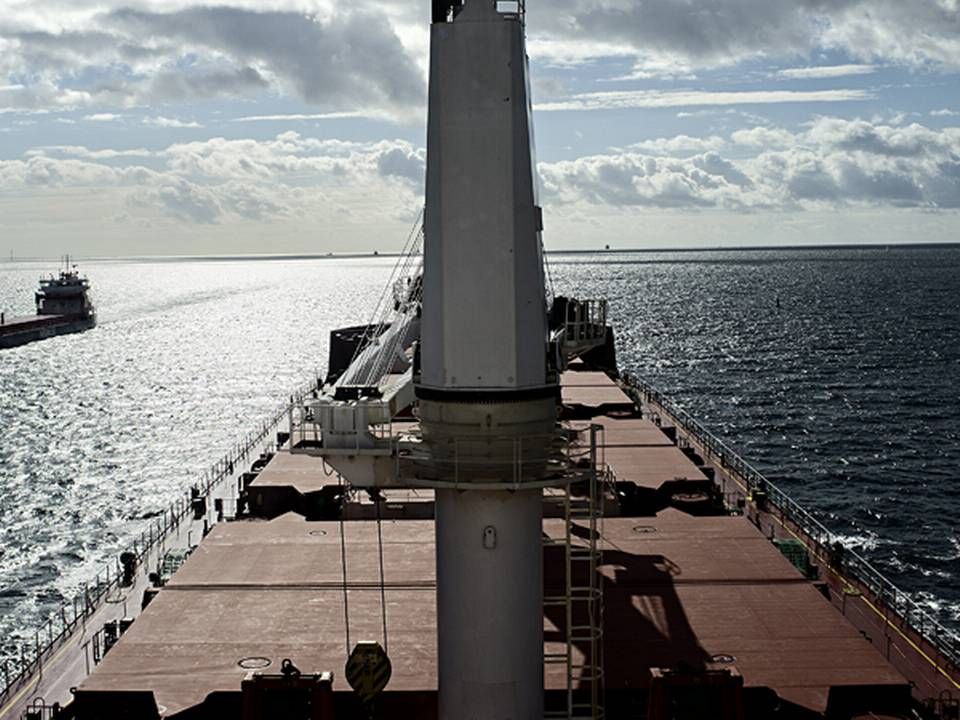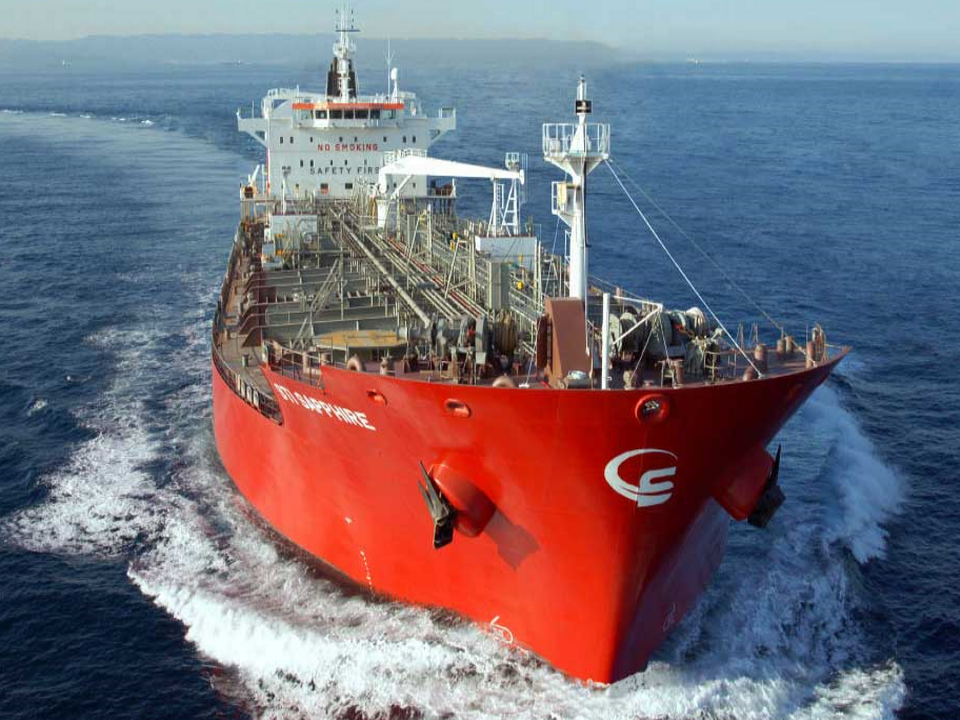Maersk and Torm criticize controversial sulfur proposal

Several carriers are jumping on board in the discussion concerning a controversial proposal for issue of sulfur emissions, which several major flag states and shipping organizations put on the agenda up to an IMO meeting this month.
Both Maersk and Torm are strongly opposed to an "experience building phase" in connection with the global sulfur regulations taking effect from Jan. 1, 2020.
Parties which signed the document calling for the phase, including Bimco and Marshall Islands, argue that there are huge security questions connected to the new fuel types which carriers must use from Jan. 1, 2020. Thus, there is a need for an experience building phase, is the argument.
Maersk, one of the carriers opting to sail on low sulfur fuel from 2020, completely disagrees with the proposal, stresses Simon Bergulf, head of regulatory affairs at Maersk, in an email to ShippingWatch.
"We do not understand the value of having an experience building phase leading to a possible review of the rules, as this will create uncertainty and delay implementation," he says.
"We agree there will be challenges in the initial months of 2020 and that safety should be taken seriously. However, these challenges can and should be addressed now and this is part of our ongoing preparations, from lab tests to close dialogue with suppliers. Knowledge about the fuels and education on their behavior with changed procedures as a consequence is the only way forward."
Unfortunate development
The proposal has been met with criticism across several fronts. Concerns are that, at its worst, the measure could lead to the delay of an important instrument in the enforcement of the new sulfur regulations. At the meeting in London, the question of a global ban of high-sulfur oil aboard vessels is awaiting final adoption, but with the document, there are fears that the discussion will take off again.
Danish tanker carrier Torm shares these concerns, says CEO Jacob Medlgaard.
"It is unlucky that some players in the industry are opening up a non-constructive dialogue around the deadline. As an industry, we need to believe that environmental measures and the deadlines we implement will be upheld. We need to be in line with Danish Shipping, ICS and the flag states we utilize do not support any form of delay to enforcement," he says in a written comment to ShippingWatch, stressing that the carrier is backing up environmental requirements to the industry.
Meanwhile, the partners behind the document denied there being any attempt to delay the introduction of a ban against vessels sailing with high-sulfur fuel on board unless they have installed a scrubber. The ban is an important part of the enforcement of the global sulfur regulations and could take effect as soon as March 2020, after several countries moved to speed up the process in the IMO during the spring.
Since the discussion took off, IMO has stressed that the date for the entry of the global sulfur regulations are fixed and unmoveable.
"It's very important we go forward and give people confidence that the implementation date will go ahead," Edmund Hughes, head of air pollution and energy efficiency at the IMO’s marine environment division to Bloomberg.
Lars Robert Pedersen, vice secretary general of Bimco which was a co-signatory to the document, denied that this was an attempt to delay the sulfur ban and sulfur regulations in 2020. Intertanko expressed the same sentiment.
"We are facing a global rule which requires a much more powerful mix of fuels. This creates a larger risk of problems with fuel quality. That is what we are drawing attention to in the paper," said Robert Pedersen recently to ShippingWatch.
"We are not out to say that now we will not set the limit to 0.5 percent sulfur taking effect from Jan. 1, 2020. Nor are we out to delay the adoption of the ban against sailing with fuel that contains more than 0.5 percent sulfur."
English Edit: Lena Rutkowski
No delay, no cheating: The IMO gets tough over 2020 fuel rules
Intertanko: Scrubbers have a timeframe of ten years
Scorpio chooses scrubbers for both fleets
Major stakeholders working to push back global sulfur carrying ban
Related articles
Intertanko: Scrubbers have a timeframe of ten years
For subscribers
Scorpio chooses scrubbers for both fleets
For subscribers




















